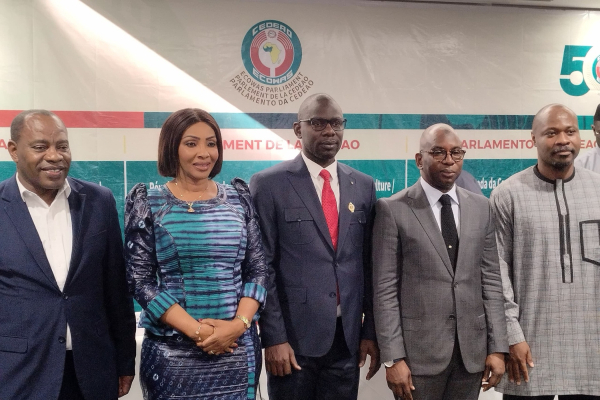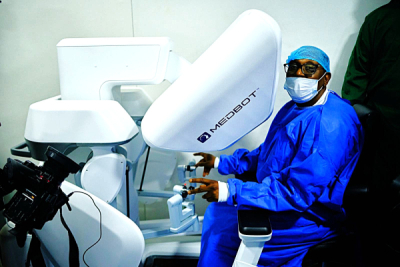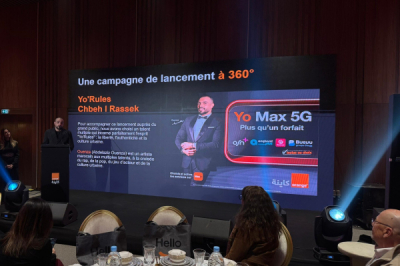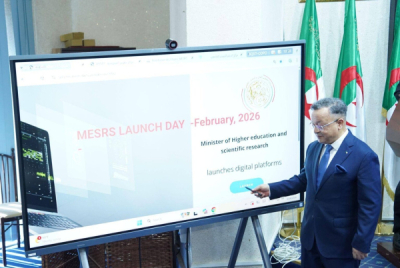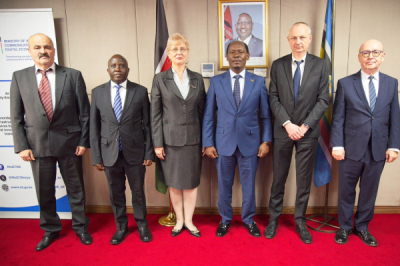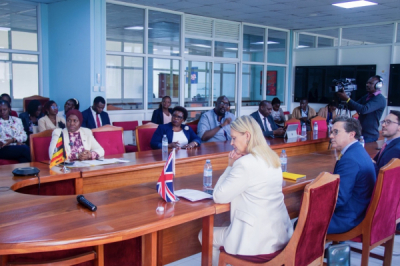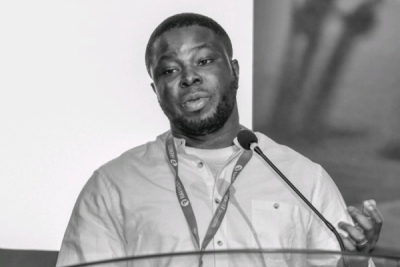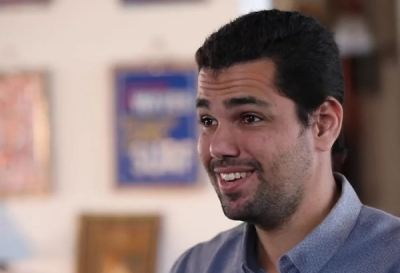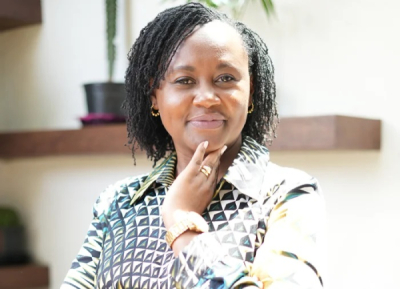- MPs propose a West African pact for responsible AI and multilingual digital content.
- Initiative aligns with ECOWAS Digital Strategy 2024–2029 and $10.5 mln World Bank project.
- Region aims to equip 63% youth population with 21st-century digital skills.
Integrating digital technologies into African education systems is often presented as a panacea for the structural weaknesses of the sector. The Economic Community of West African States (ECOWAS) wants to make it a strategic lever for its youth.
As part of efforts to modernise schools and train young people for the digital economy, West African lawmakers recommend drawing a regional pact for ethical and sovereign use of artificial intelligence in education.
Meeting since June 30 in Dakar, members of the ECOWAS Parliament’s joint committee on Education, Health, Culture, Telecommunications, and IT discussed accelerating the integration of technology into education systems across the region.
The proposed West African Pact would promote responsible AI, develop inclusive multilingual digital content, and strengthen teacher training through a regional EdTech lab network, officials said.
Lawmakers also called for expanded electricity and internet access in schools, a comprehensive mapping of digital platforms, support for homegrown innovation in universities, and deeper regional cooperation to share educational resources.
The discussions align with the ECOWAS Digital Strategy 2024–2029, adopted last October, which positions ICT and digital education as pillars for growth, inclusion, and regional autonomy.
Funding will partly come from the West Africa Regional Digital Integration Project (WARDIP), a $10.5 million World Bank programme aiming to improve connectivity and promote an integrated digital market.
Some member states, including Senegal and Nigeria, have already deployed online learning platforms and distributed tablets in rural communities. ECOWAS now plans to expand these efforts through transnational e-learning initiatives and a regional fund to narrow the educational digital divide.
With about 63% of the region’s population under 25, ECOWAS faces a demographic imperative to equip youth with relevant digital skills. The African Union estimates that $60 million will be needed over the next five years to finance large-scale digital education programmes across the continent.
Officials said the investments should not only improve employability and foster EdTech innovation but also reduce inequalities, enhance academic mobility, and bolster the region’s technological sovereignty.
This article was initially published in French by Samira Njoya
Edited in English by Ola Schad Akinocho


